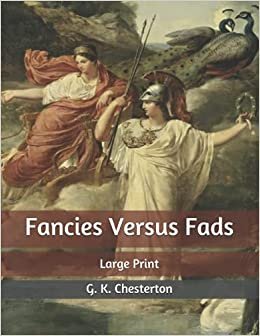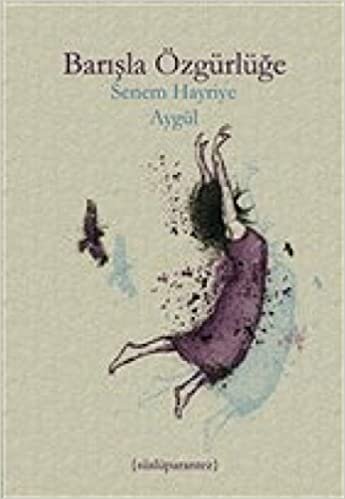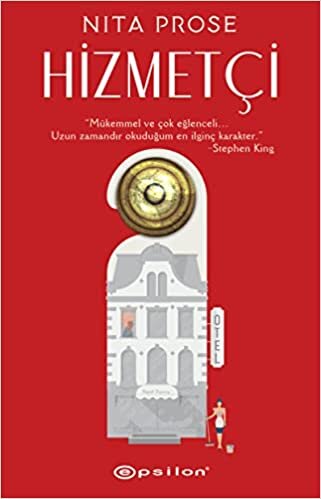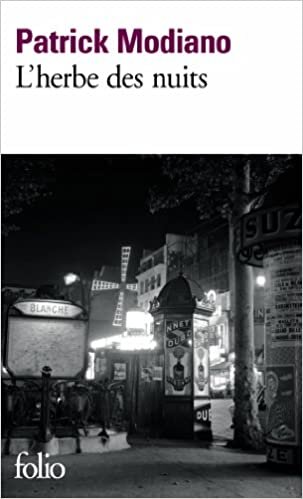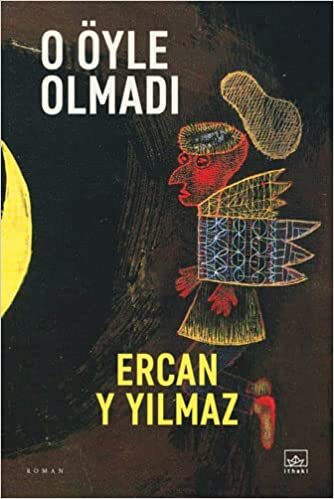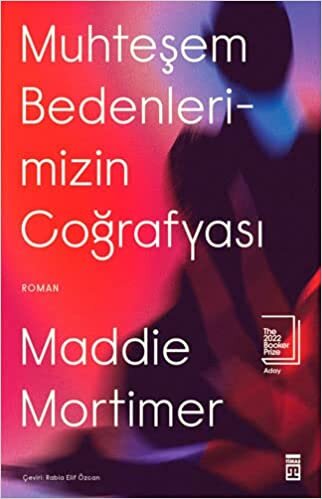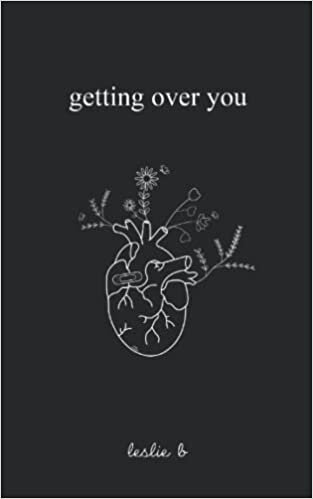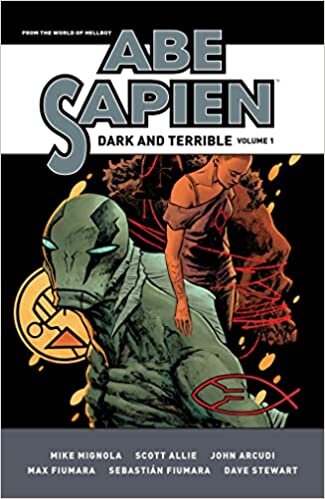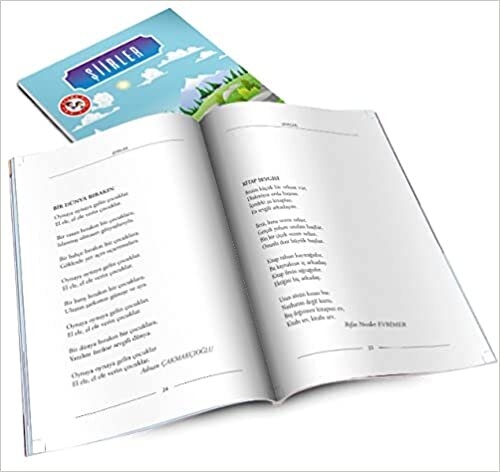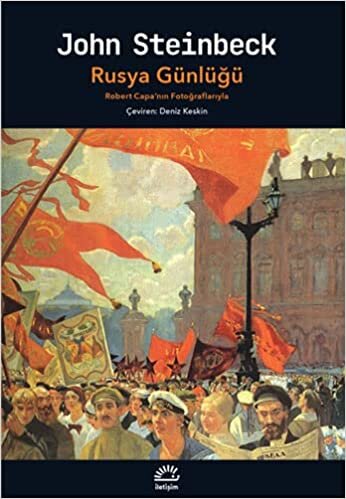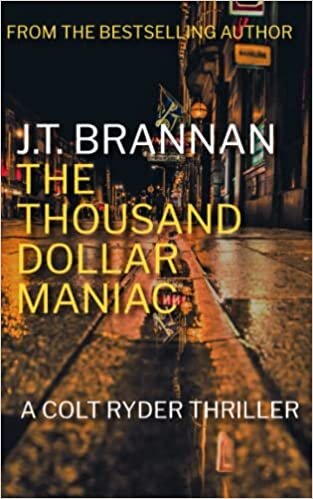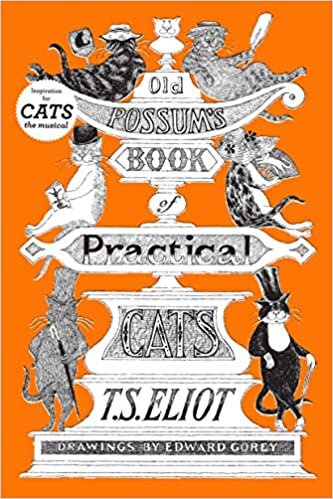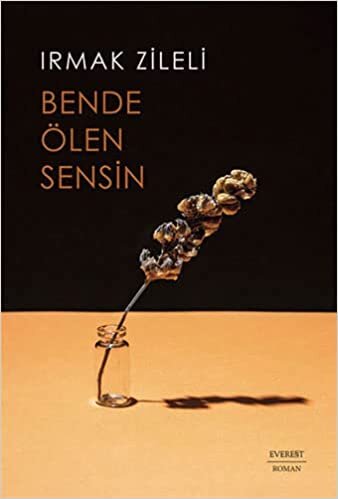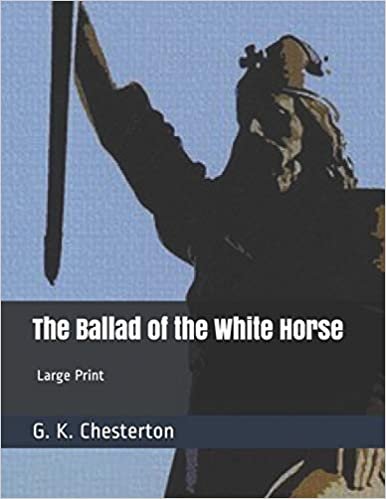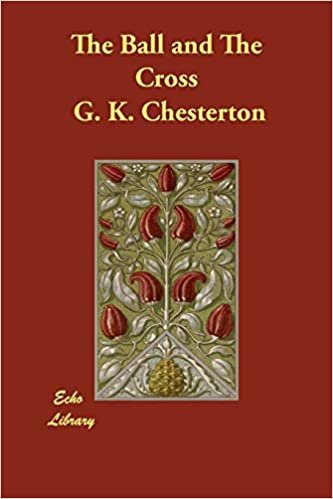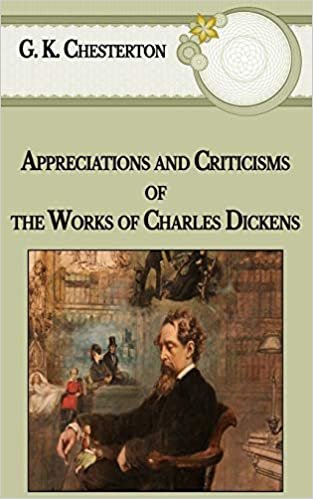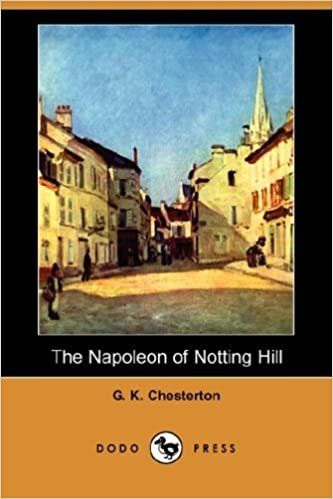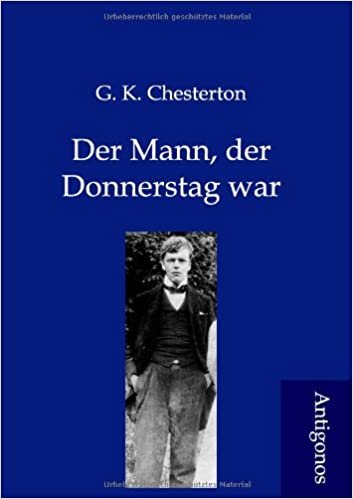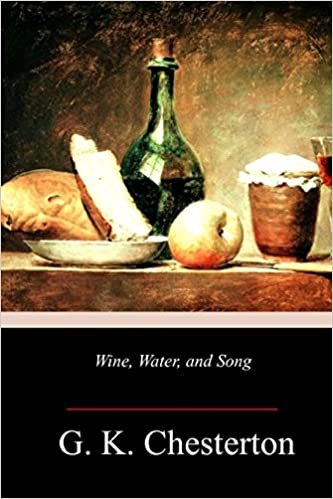Fancies Versus Fads: Large Print
Amacımız .fb2 formatında bir kitap okumanıza yardımcı olmaktır. Böylece Fancies Versus Fads: Large Print kitabını kolayca açabilir ve G. K. Chesterton ile diğer birçok kitabı okuyabilirsiniz. Bu biçim, Fancies Versus Fads: Large Print dahil olmak üzere elektronik kitap okumak için bir yazılım üreticisi olan birçok yayıncı tarafından yaygın olarak desteklenmektedir. Kitapları FictionBook formatında saklamanın destekçilerinin temel amacı, bir FictionBook format dosyasını {{title} da bulabileceğiniz diğer popüler formatlara kolayca (otomatik olarak dahil) dönüştürme yeteneğiyle Fancies Versus Fads: Large Print kitabının yapısını açıkça saklamaktır. } Web sitemizde. İşleme sırasındaki bu depolama, kitapları başka bir biçimde depolamaktan çok daha az zaman ve çaba gerektirir. En önemlisi, FictionBook formatı Fancies Versus Fads: Large Print gibi kurgu için uygundur. Bu biçim, e-kitapların ve "okuyucuların" artan popülaritesi ile birlikte popülerlik kazanmaktadır. Bu nedenle, Fancies Versus Fads: Large Print kitabını bu biçimde indirmenizi öneririz. Dahası, neredeyse her cihazda açabilirsiniz. Bu biçim sayesinde Fancies Versus Fads: Large Print kitabı, hareket halindeyken veya canlı bir kitap alamayacağınız veya bir dizüstü bilgisayarda açamayacağınız alışılmadık bir yerde okumak için çok uygun olan tabletinizin veya akıllı telefonunuzun ekran boyutuna otomatik olarak ayarlanır.
| Yazar | G. K. Chesterton |
|---|
F Scott Fitzgerald G K Chesterton İtalyanca Outlook Verlag Leopold Classic Library B. M. Bower Salzwasser-Verlag GmbH G.A. Henty Türkçe Kolektif İspanyolca Fransızca HACHETTE LIVRE-BNF İngilizce Independently published Almanca H. G. Wells Independently Published; Illustrated basım
indir okumak internet üzerinden
| Yazar Fancies Versus Fads: Large Print | G. K. Chesterton |
|---|
Milton prefaced “Paradise Lost” with a ponderous condemnation of rhyme. And perhaps the finest and even the most familiar line in the whole of “Paradise Lost” is really a glorification of rhyme. “Seasons return, but not to me return,” is not only an echo that has all the ring of rhyme in its form, but it happens to contain nearly all the philosophy of rhyme in its spirit. The wonderful word “return” has, not only in its sound but in its sense, a hint of the whole secret of song. It is not merely that its very form is a fine example of a certain quality in English, somewhat similar to that which Mrs. Meynell admirably analysed in one of her last beautiful essays, in the case of words like “unforgiven.” It is that it describes poetry itself, not only in a mechanical but a moral sense. Song is not only a recurrence, it is a return. It does not merely, like the child in the nursery, take pleasure in seeing the wheels go round. It also wishes to go back as well as round; to go back to the nursery where such pleasures are found. Or to vary the metaphor slightly, it does not merely rejoice in the rotation of a wheel on the road, as if it were a fixed wheel in the air. It is not only the wheel but the wagon that is returning. That labouring caravan is always travelling towards some camping-ground that it has lost and cannot find again. No lover of poetry needs to be told that all poems are full of that noise of returning wheels; and none more than the poems of Milton himself. The whole truth is obvious, not merely in the poem, but even in the two words of the title. All poems might be bound in one book under the title of “Paradise Lost.” And the only object of writing “Paradise Lost” is to turn it, if only by a magic and momentary illusion, into “Paradise Regained.” It is in this deeper significance of return that we must seek for the peculiar power in the recurrence we call rhyme. It would be easy enough to reply to Milton’s strictures on rhyme in the spirit of a sensible if superficial liberality by saying that it takes all sorts to make a world, and especially the world of the poets. It is evident enough that Milton might have been right to dispense with rhyme without being right to despise it. It is obvious that the peculiar dignity of his religious epic would have been weakened if it had been a rhymed epic, beginning:—Of man’s first disobedience and the fruitOf that forbidden tree whose mortal root. But it is equally obvious that Milton himself would not have tripped on the light fantastic toe with quite so much charm and cheerfulness in the lines:—But come thou Goddess fair and freeIn heaven yclept Euphrosyne if the goddess had been yclept something else, as, for the sake of argument, Syrinx. Milton in his more reasonable moods would have allowed rhyme in theory a place in all poetry, as he allowed it in practice in his own poetry. But he would certainly have said at this time, and possibly at all times, that he allowed it an inferior place, or at least a secondary place. But is its place secondary; and is it in any sense inferior? The romance of rhyme does not consist merely in the pleasure of a jingle, though this is a pleasure of which no man should be ashamed. Certainly most men take pleasure in it, whether or not they are ashamed of it.
